As adults, it’s important to have the skills necessary to live a happy and successful life. From managing your finances to staying healthy and safe, these essential life skills can help you achieve your goals. Here are 10 of the most important life skills for adults, and we’ll show you how to develop them starting today!
Why Learning Life Skills as an Adult is Important?

Learning life skills as an adult can be incredibly beneficial for your overall well-being. This is because it will help you to improve your cognitive ability, problem-solving skills, and critical thinking abilities.
In addition, learning life skills will also teach you how to take care of yourself both physically and emotionally. For example, if you learn how to cook and clean properly, you’ll be in a better position to take care of yourself when things get tough. And, if you have difficulty dealing with stress or anxiety, learning how to cope with difficult situations will help you to manage them better.
Finally, learning life skills as an adult can also give you the opportunity to develop new relationships. This is because learning new things often leads to new conversations and connections. So by taking the time to learn life skills, you’re likely to gain a lot in return – both emotionally and intellectually.
Top 10 Essential Life Skills for Adults
1. Time Management

Time management is one of the essential life skills that adults need to have in order to succeed. It’s essential not only for managing our own time but also for managing the time of others. If you’re not able to manage your time well, then you’ll find it difficult to get things done. You’ll also be prone to distractions and unable to focus on anything for very long. This can lead to stress and a lack of productivity, which will impact your ability to achieve your goals.
2. Decision Making
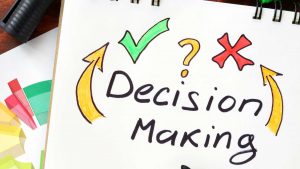
Decision-making is an essential life skill for adults. The ability to make decisions and act on them is what allows us to achieve our goals and make progress in life. There are many different approaches to decision-making, but the basics are always the same: identify the problem or opportunity, gather information, consider the options, make a choice, and take action. Of course, some decisions are more complex than others, and some require more time and thought. But no matter how big or small the decision, taking the time to think it through and make a thoughtful choice is always worth it.
3. Money Management

Money management is a vital life skill for adults. Learn how to budget and save more money, understand the importance of financial planning and investing, educate yourself about credit and debt basics, develop a positive cash flow history, make wise decisions with your money, stay disciplined with your spending, master common financial tools such as calculators, budgeting software, and credit card scores, avoid common money mistakes, stay up-to-date with changes in the economy and tax laws affecting your finances, and build an emergency fund to cover important expenses in case of an unexpected setback. By following these simple steps, you can become financially savvy and enjoy the benefits of a balanced budget.
4. Conflict Resolution
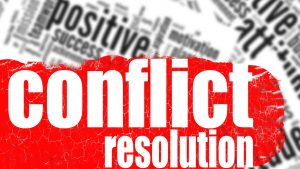
Conflict resolution is an essential life skill for adults. It is a process of resolving disagreements between two or more parties. Negotiation, mediation, or arbitration are all options. Conflict resolution is the process of finding a solution to a disagreement. It involves communication and compromise. It is important to remember that conflict resolution is not about winning or losing, but about finding a way to move forward. There are numerous approaches to dispute resolution. The best way will depend on the situation and the people involved.
5. Goal Setting

Setting and achieving goals is a key life skill for adults. Doing so can help you stay on track and make progress in your personal and professional life. It’s crucial to be concise, achievable, and practical while making goals. Define what you want to accomplish, and then create a plan of action with steps that you can take to reach your goal. Make sure to set a deadline for yourself, and hold yourself accountable by tracking your progress along the way. If you find yourself struggling to achieve a goal, don’t be afraid to ask for help from friends or family members. Sometimes, all it takes is a little motivation and support to get back on track.
6. Communication Skills
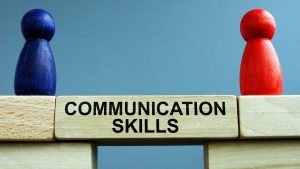
Communication skills are important for both personal and professional relationships. When communicating with others, it is important to be clear and concise. Listen carefully to what others are saying and ask questions if you are unsure of something. Be respectful of other’s opinions even if you do not agree with them. Understanding nonverbal cues like body language and facial expressions are also crucial. If you are not a confident speaker, there are many resources available to help you improve your communication skills. On the subject, there is a tonne of books and articles. Practice communicating with friends, family, and co-workers. You will get better at it as you practice more.
7. Interpersonal Skills

Interpersonal skills are essential for adults in order to be successful in both their personal and professional lives. Good interpersonal skills involve the ability to communicate effectively, resolve conflict, and build relationships. There are a number of ways to improve your interpersonal skills. One way is to practice active listening, which means paying attention to the person speaking, making eye contact, and not interrupting. Another way to improve your interpersonal skills is to be assertive without being aggressive. This means communicating your needs and wants clearly and respectfully. Finally, it’s important to practice empathy, which is the ability to understand and share the feelings of another person.
8. Stress Management
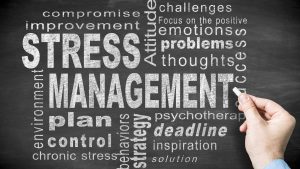
Stress is a natural and important part of life. However, when stress becomes unmanageable, it can have negative effects on our physical and mental health. Learning how to effectively manage stress is an essential life skill for adults. To manage stress, a variety of approaches can be applied. Some people find that exercise, relaxation techniques, or journaling help them to cope with stress. Others may find that talking to a friend or counselor can be helpful. Test out different stress-reduction techniques to determine which one works best for you.
9. Self Care
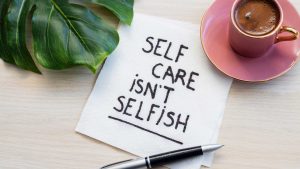
Self-care is a term that is used to describe the act of taking care of oneself. It can be physical, mental, or emotional care. It is important to take care of oneself in order to live a healthy and happy life. There are many different ways to practice self-care. While others would go running, some folks could take a soothing bath. It’s essential to figure out what works for you and to emphasize self-care in your life. Self-care is not selfish. It is crucial to be the best version of oneself. When you take care of yourself, you are able to be there for others in your life.
10. Finding Balance in Life

It’s no secret that sometimes life may be really difficult. We all have our own unique set of responsibilities and obligations, and it can be tough to find a balance between work and home life, not to mention taking care of our own health and well-being. That’s why it’s so important to have a few essential life skills under your belt. These skills can help you manage your time more effectively, communicate better with those around you, and stay sane when things get hectic.
Conclusion
Remembering the life skills we just discussed will help you understand why it’s so important for adults to keep learning and improving their skills. A few years from now, these new traits and experiences can turn your life around completely. That’s how crucial life skills are when it comes down to the success of an individual. With that being said, make sure to keep updating your skill set so that you can be ready for whatever lies ahead!








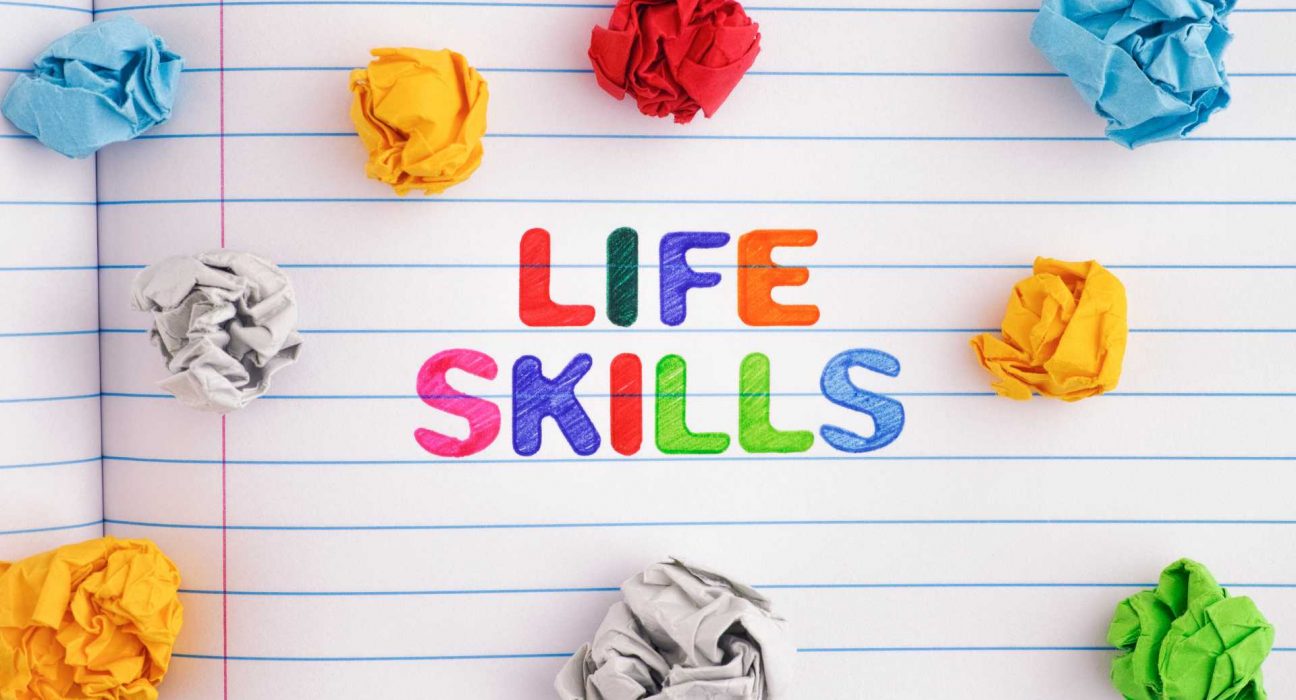
Leave feedback about this